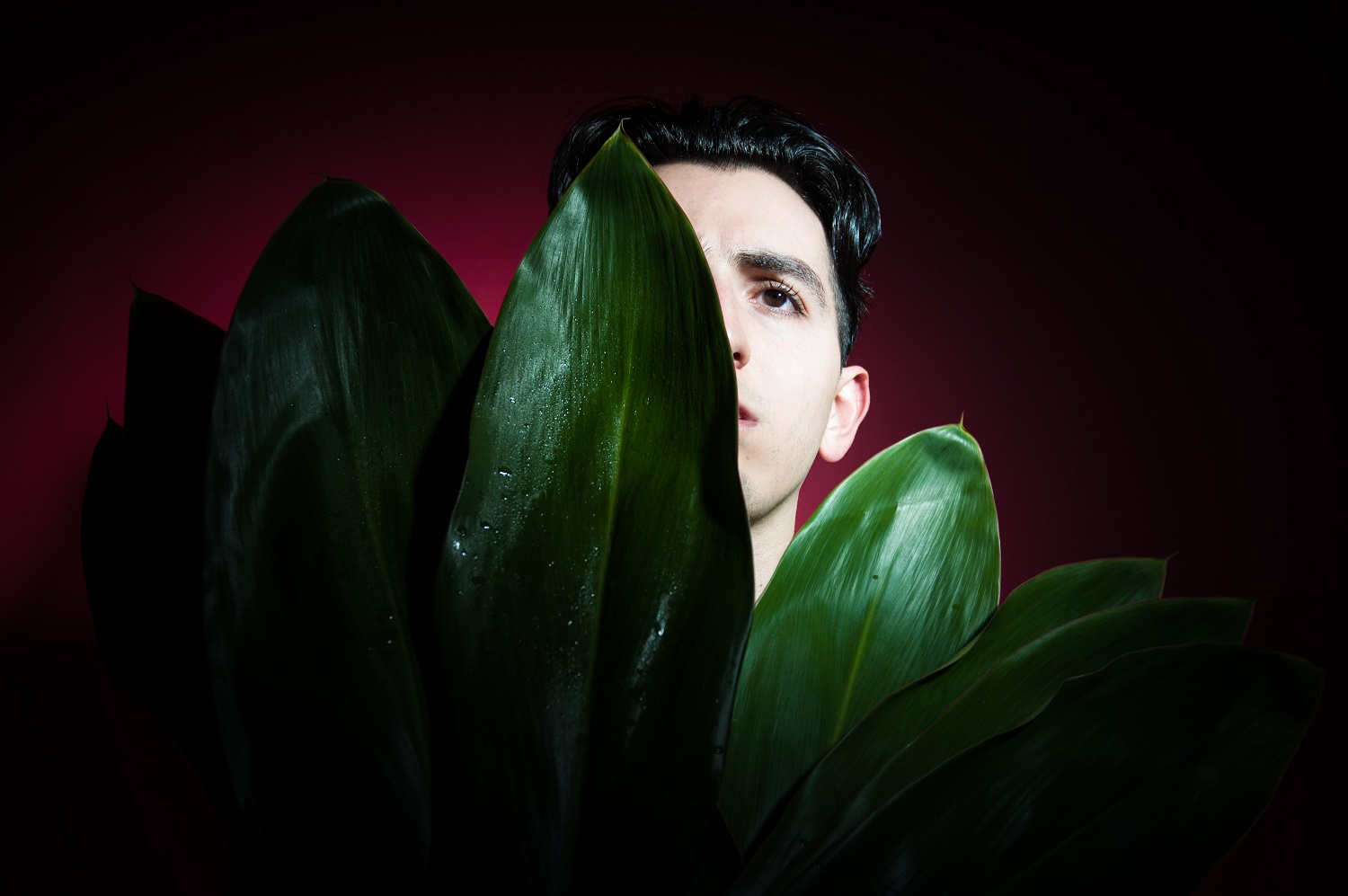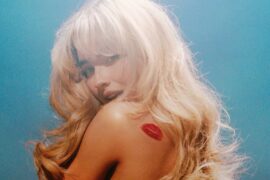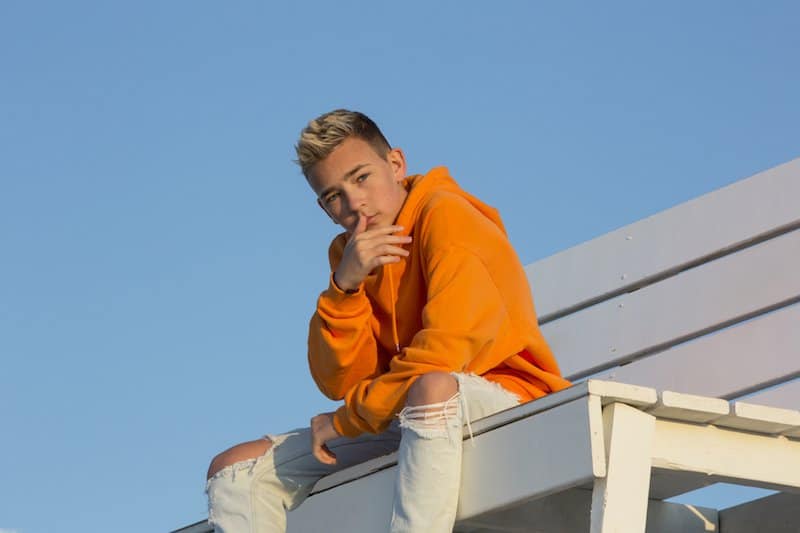Austinite legacy, Calder Allen, discusses the release of his second LP ‘Dreamers, Drifters, and Hiders’ from Arlyn Studios.
Stream: ‘Dreamers, Drifters, and Hiders’ – Calder Allen
At the end of the day, the record’s really a coming-of-age story. A lot of times, what I write comes from a perspective that I needed to hear.
The Austin city life is nothing short of great food, music, and people.
Talented artists and musicians enjoy the creative scene of the city, while families can explore the outdoor scenery that Austin has to offer. For Calder Allen, it is a generational inheritance of music and family that intertwines decades down the line.
Growing up in a musically inclined family was not the initial start to Allen’s career. It began during quarantine, after a basketball injury forced him to find a new hobby. Luckily, he grew up with the privilege of being surrounded by visual and country creative, Terry Allen. He explains that their house in Santa Fe had “no lack of access to express yourself” a planted seed that grew the younger Allen’s curiosity for creation.
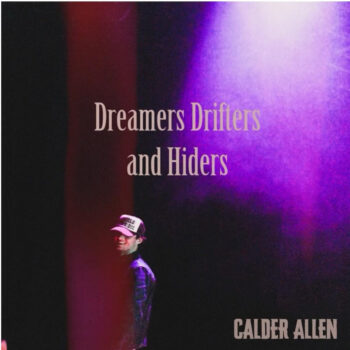
Among other things, Allen’s trajectory took a big turn after deciding to drop out of the University of Montana and pursue music full time. He decided that it was not suited for him compared to the familial, environmental, and personal experiences that he’s learned from. Allen possesses a unique ability to voice his life lessons through his music. Dreamers, Drifters, and Hiders (released May 3, 2024) follows the journey to where he is now.
After a month since the release of his second LP, he has received great feedback. Along with the release, he is working on a third LP which might even be a double. He has gotten the opportunity to work with the renowned Charlie Sexton at Arlyn Studios and is doing a family album on his dad’s side.
For Allen, it truly is a full-circle opportunity with five generations of connection throughout Austin. He is currently on tour and partnering with artists like Cody Jinks and Cadillac Three and Red Clay Strays, Steel Woods, among the few.
In a conversation with Calder Allen, Atwood Magazine explores the experiences and people that have helped lead him where he is today.
— —
:: stream/purchase Dreamers, Drifters, and Hiders here ::
:: connect with Calder Allen here ::
Watch: “Just Pray” – Calder Allen
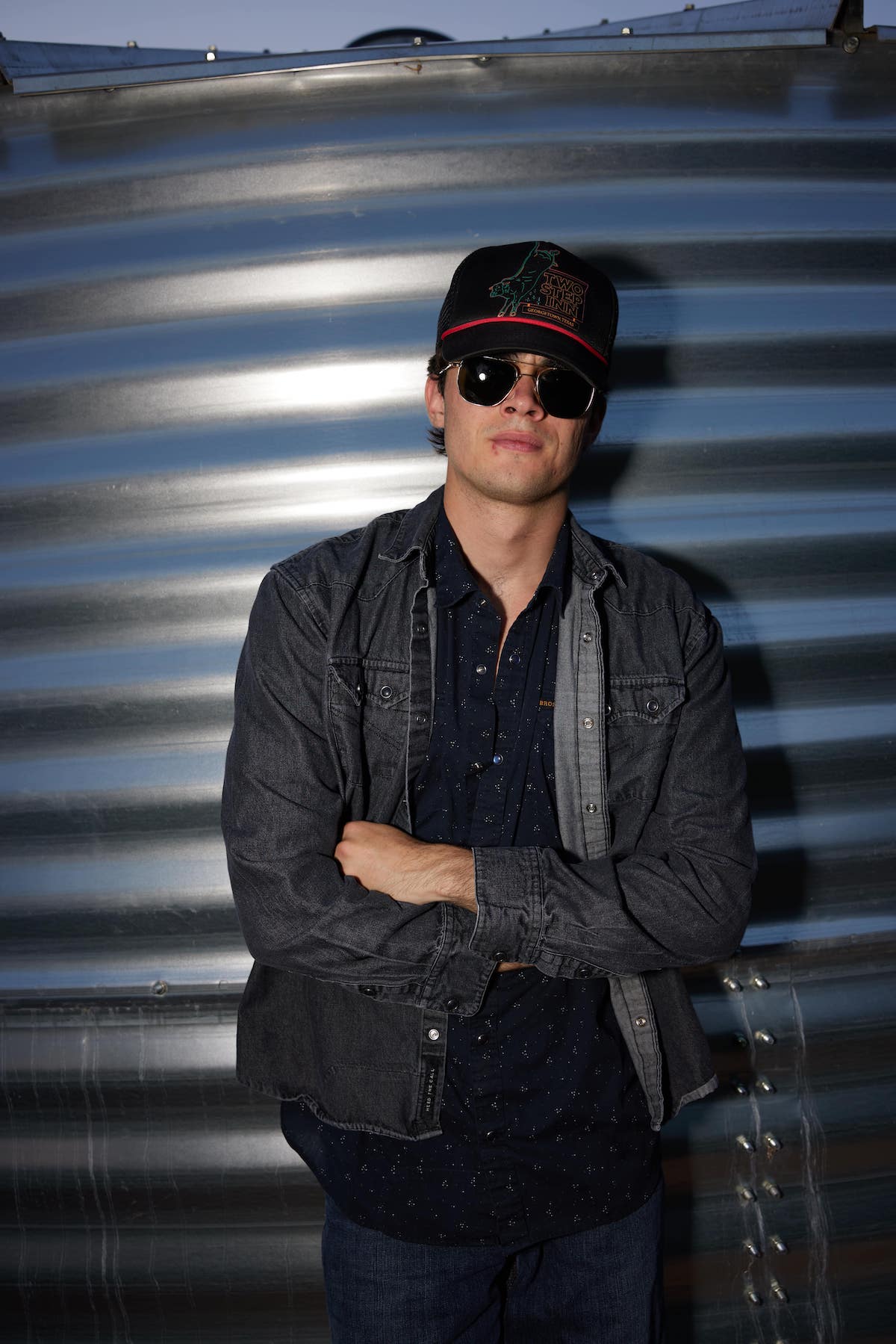
A CONVERSATION WITH CALDER ALLEN
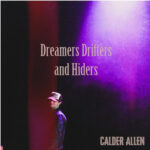
Atwood Magazine: Hello, how are you? What’ve you been up to today?
Calder Allen: I’m good. It’s been a little bit busy, but nice to sit down. I’m in the studio right now. We’re recording my third record. We will have the second record coming out on May 3rd, and then this one, hopefully releasing in the fall.
Yeah, that's really exciting. Is it going to be another LP or is it going to be a little bit smaller?
Calder Allen: It might be a double record. We’re trying to figure it all out. Just spitting out songs, I mean, might as well do it.
Wow, that's awesome, I'm glad to hear you're having a good day! I guess it's good timing since you're in the studio. We can talk about your music and maybe your third LP which is probably going to be a double?
Calder Allen: It’s still an assessment, still a work in progress.
How has it been gearing up for the second LP coming out?
Calder Allen: It’s been good. It’s weird because it is new to everyone who’s going to listen to it, but I’ve had these songs for a few years. I wrote most of the record and all of the songs I wrote were post-dropping out of college when I came down to Austin to pursue music full time. It’s been good to revisit the songs and get in gear to play live.
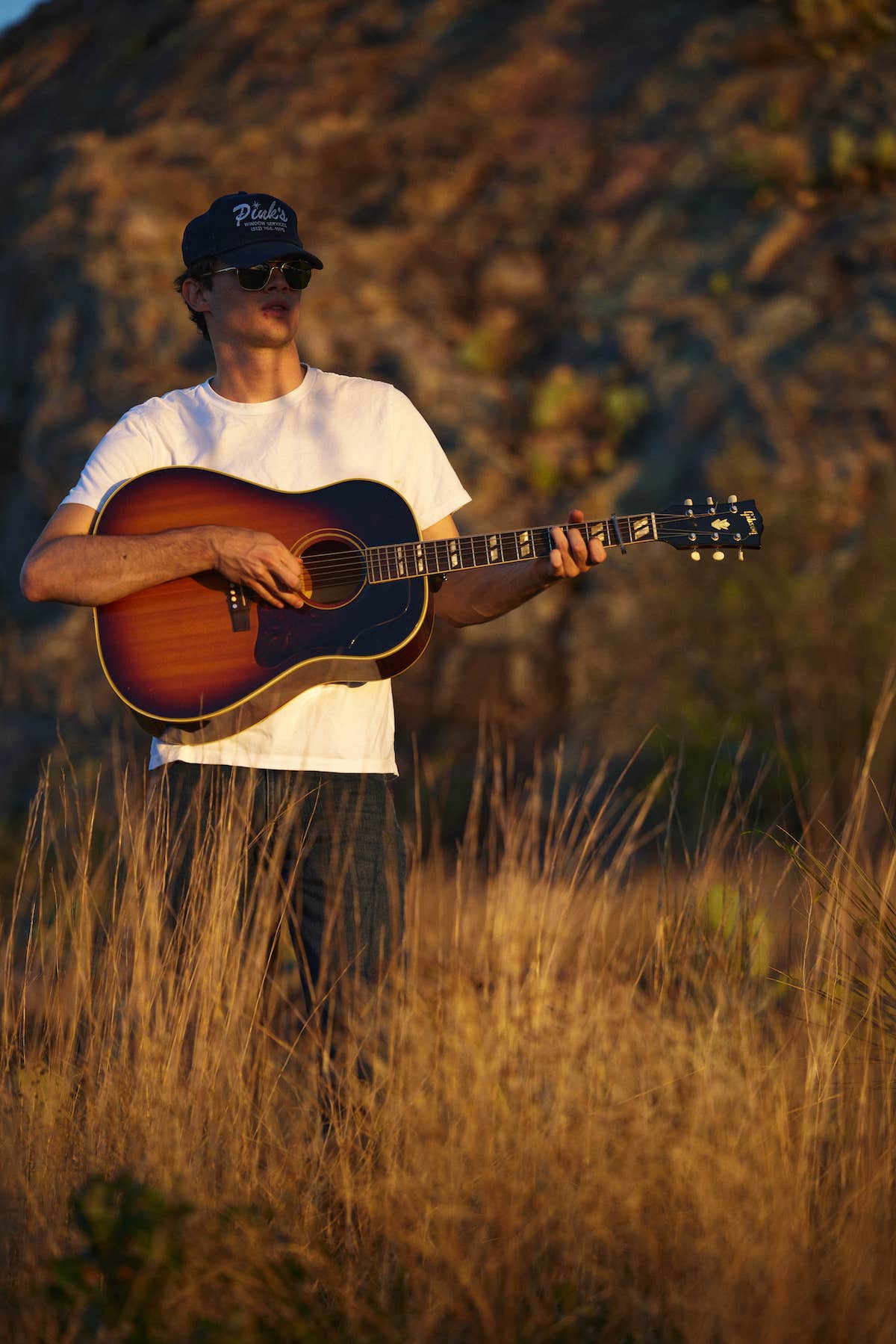
I was going to actually ask you about that. I know you've gone through quite a few different pipelines from sports to music and then from university to starting music full time. I know that your family has a big background, but I also know you didn't fully pick anything up until you had an injury playing basketball. Could you tell me more about this background?
Calder Allen: I grew up in Austin and I’m a fifth generation Austinite. My whole dad’s side is super artistic and so is my mom’s side too. My mom’s mom used to have a yodeling group called the Burke Sisters with her sister Rosie. They opened up for George Jones and did that whole thing. There’s musical talent on both sides so growing up, I always had instruments around, but I wasn’t necessarily playing them. I would just fidget with them or make noise and not really think about what I was doing. I really found music towards the end of my junior year of high school when I started playing guitar. I guess that’s when COVID really hit, and I had a lot of free time. The whole recording process of the first record made me realize I wanted to pursue music full time.
What was that transition also like from sports to music? Did you see any of that collaboration or leadership transition over when you started music?
Calder Allen: When I started playing live, there’s a band dynamic but it’s so different. There’s a little bit more vulnerability to music than there is just playing basketball. When it comes to the writing process, it’s less of a team dynamic and more trying to convey a message to some degree. It’s a completely different headspace. But for some reason, I’m pretty comfortable in it.
Talking more about your family background, your grandfather's Terry Allen, a really well-renowned country artist. How would you say he's influenced you or incentivized starting your music career?
Calder Allen: Growing up and going to their house in Santa Fe was pretty freeing as a kid. There was no lack of access to express yourself and it was pretty visually stimulating too. He’s not just a musical artist, he is a visual artist and his house is just crazy. It was a super creative place to grow up in and a family to grow up in. There’s a few things that he says that stuck with me. One of those is that “You take care of your art and it’ll take care of you.” It’s like probably one of my favorites.
And then the other one is in one of his songs, My Amigo where he says, “my ego ain’t my amigo.” It just calls out the intention and I always try to have a grounded intention when I’m making something. Me playing music now full time is connected to my family in a different way. Not that it wasn’t before, but we’ll all go on stage and play and we’re even working on a family record right now. It’s just a lot of full circle moments.
Is your family record with your grandfather and then your grandmother on your mom's side? I know your uncle plays bass in a band now, is he on it?
Calder Allen: It’s all my dad’s side. My grandpa plays piano and write songs and music. My grandmother writes songs and is a playwright and actress. My dad plays the drums and my brothers made two records with different bands as drumming and singing. My uncle plays piano and accordion, and my 14-year-old cousin Crew plays accordion. It’s a giant cluster of family madness in the studio, but it’s fun.
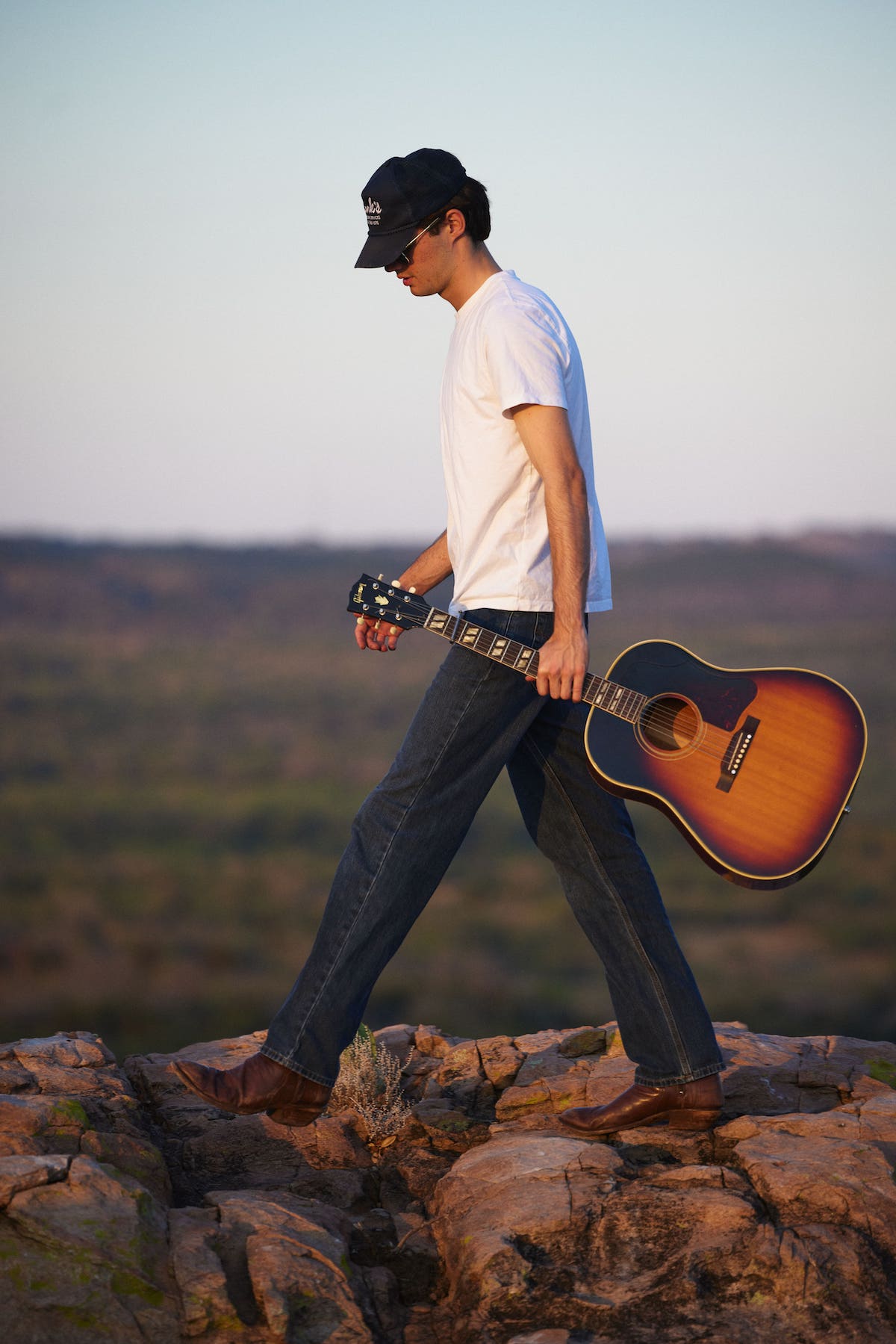
It’s a giant cluster of family madness in the studio, but it’s fun.
There is Austin influence and more country, folk, Americana, that whole mix. Is there any genre you'd all classify under or is it a mix from all the different backgrounds?
Calder Allen: It’s a hard question and that’s another thing that my grandparents influenced me on is not intending to be in a category, not being confined a genre. If I was a journalist listening to the record, I would probably say it’s like really confused country. A very chaotic country is what it is. Maybe that seems like a better definition.
Listening to the LP, there's a lot of different production elements and instrumentation. Some pieces are more acoustic, but then you add synth with a more bluesy feel to it. You produced the album with Charlie Sexton at Arlyn Studios, where you're at right now. Tell me more about that and how you got connected.
Calder Allen: The Arlyn thing alone is a full circle thing because the first time I was ever in a studio, it was for my grandfather’s session that Charlie was also producing, and Jacob Sciba was also engineering on. The same backend forces of that record were the same team that helped me get started. That was a full circle moment going into that room, tracking my own record, and having Charlie there. Charlie’s just as much of a reason that I do music as anything. The influence and the impact that he’s had on me is pretty monumental. I try and keep my antenna up whenever he’s around. I’m in a constant state of awe whenever he does anything musical. He is known as a guitar player and a songwriter, but his capability on any instrument is profound.
So what's his background? Has he played with anybody specifically or produced for anybody specifically?
Calder Allen: Yeah, he’s played for all sorts of people. When he was 17, I’m pretty sure he was living with Ronnie Wood.
Wow.
Calder Allen: He’s had a crazy life filled with music. He was a full-time musician by like age 13. As far as his musical pedigree, as far as names, I’ll leave that to an internet search. I don’t like classifying him by the names of the people he’s played with.
I agree, I was just curious because I wanted to write a little more about him too, but that definitely can be an easy internet search.
Calder Allen: No, I mean, he’s been Bob Dylan’s guy for 20 years… Lucinda Williams and I mean, literally everyone. It’s hard to explain. He is so understated, it’s the whole thing that my grandpa leads into of “your ego ain’t your amigo.” He is a living example of that. Last weekend, he was with the Black Crowes just like casually filling in. You never know where he is. Then of course he is doing something remarkably cool that he’ll never tell you about it.
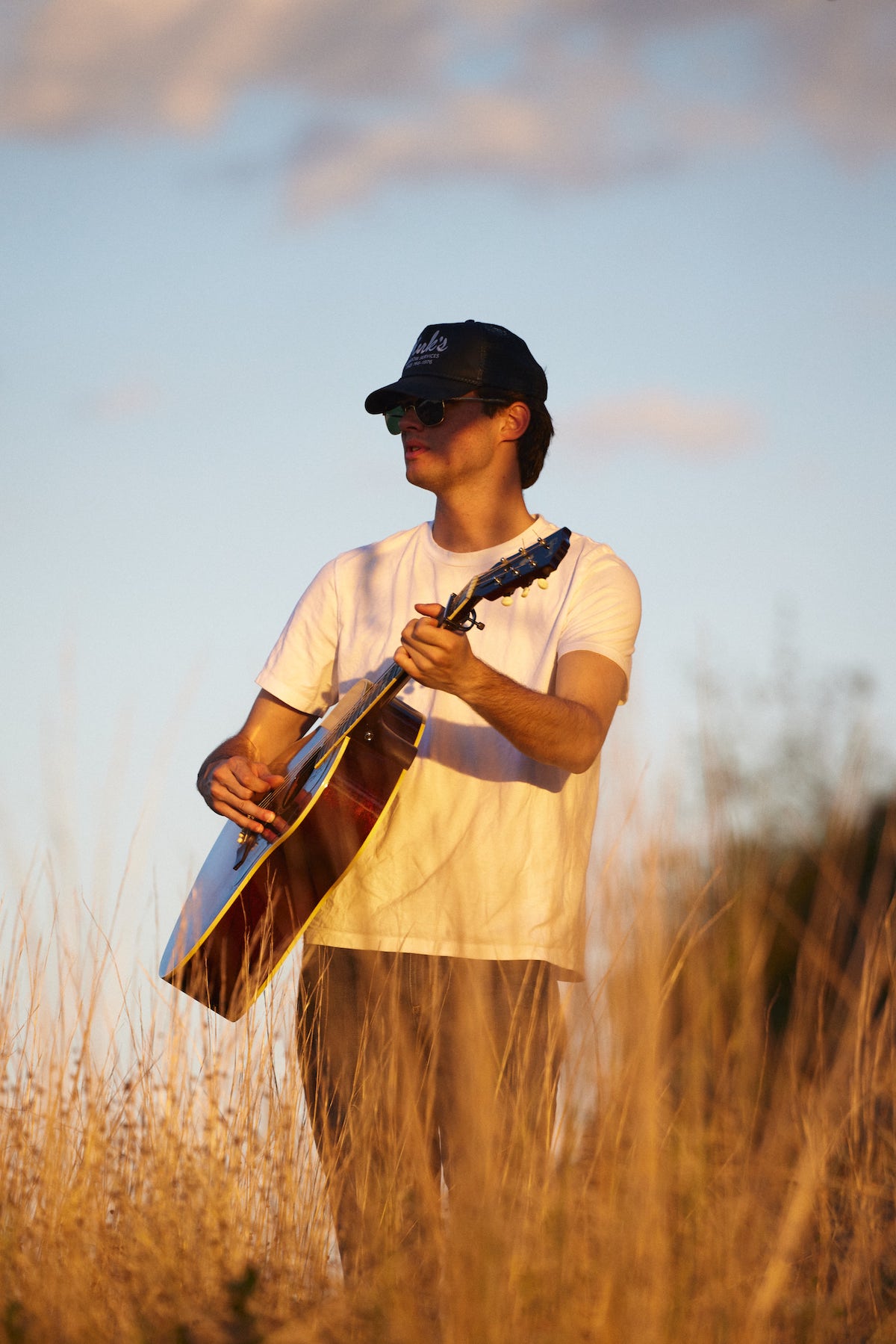
I think we don’t always allow ourselves space for creativity, so it is good to have a change of pace and setting.
I mean, at the end of the day, when you strip it down, everybody looks a lot more similar than we think on the outside. It goes the same for the people that we don't necessarily see on stage or up in front. As far as Austin, it’s evident that where you're from means a lot to you. How has that influenced your LP? I know you had written it for quite over quite some time, too, but I just want to hear about that.
Calder Allen: There are a few things that are pillars to why I’m doing music and fly fishing is definitely one of those things. As a kid, I was trying to figure out a lot and the best thing for me was to just go outside and roam around the river for hours. My mom used to just drop me off and then she’d pick me up eight hours later. You have a lot of time to think and reflect. There are a few songs directly talking about fishing, but then other songs like, “Leave It All Behind,” which essentially talks about getting out of a chaotic city and allowing yourself to have that space in your head. I think we don’t always allow ourselves space for creativity, so it is good to have a change of pace and setting.
As far as the songs on your album are concerned without necessarily going into the lyricism or specific meanings – I just want to talk about the general theme of the LP. I can see a lot of reflection and there's definitely chaotic country like you said. Were you going through different phases throughout the course of this album or if it is following the last year or two of your life, what does that look like?
Calder Allen: The record name is Dreamers, Drifters, and Hiders. It can be easy to get caught up identifying yourself with something, but it’s not all black and white. There are phases to life and even to a week. You wake up one hour and you’re happy and then two hours later it’s like the worst day ever and then five hours later you’re watching a comedy special and you’re dying laughing. There are different perspectives and approaches to any situation – sometimes I’m all three of those things all the time.
At the end of the day, the record’s really a coming-of-age story. A lot of times, what I write comes from a perspective that I needed to hear. I started working on this record when I dropped out of school, so there were a lot of questions in my head. When you start writing songs week after week or over the course of six months, you look at all the themes of the songs. It’s not uncommon that it has a theme of what you’re thinking in your head. It was the phase that I was in, thinking about where I was going and what I was doing. Was it the right choice? Was it the wrong choice?
I like how you can sense that theme just by listening. It means that the instrumentation and the production is really great, and then on top of that, your lyrics further allow people to understand what that means for them. At the University of Montana, was there a specific moment where you decided that you wanted to pursue music?
Calder Allen: I was in this lecture, and it was about the propaganda of everyone moving to the West… how the government paid Ansel Adams and all these different photographers to make the West look really appealing so that people would move there. I still, to this day, remember every bit of the three-hour presentation. It was the only time in school that I had ever really been locked in. Then the teacher asked us to write this five- to seven-page essay about the whole presentation and what we learned. There’s nothing wrong with that, but I just think it’s a little silly considering its repetitive. It’s not how I learn. When I learn something, I want to go to the next thing and learn something that has more depth into that subject. I walked up to her and just said, “can we have a conversation about this?” and she said no. Then I called my parents telling them I was dropping out. It’s not to say that there’s any judgment on that teaching style. I know how I work, and it just wasn’t going to be suitable.
It's cool to look at how many different things added up to the trajectory that led you here. It’s almost like you're returning to your roots and your family’s deep connection in music to. Finally, you're going to be on tour starting in May. You're starting with Austin City Limits, which is just a really incredible festival. How are you feeling about that?
Calder Allen: I’m excited. I just love playing music live and every single night it’s just an opportunity to play the songs and every night is different. I love traveling. I love being on the road. I love singing, so it just seems like a pretty good situation. I’m very grateful to be in the position to open for some of these great artists too. It’s just mind-blowing. I’ve listened to Cody Jinks on my playlist since I can remember. To be able to text him new tracks and talk about music and duck hunting and fishing and all that stuff, it’s just crazy to me.
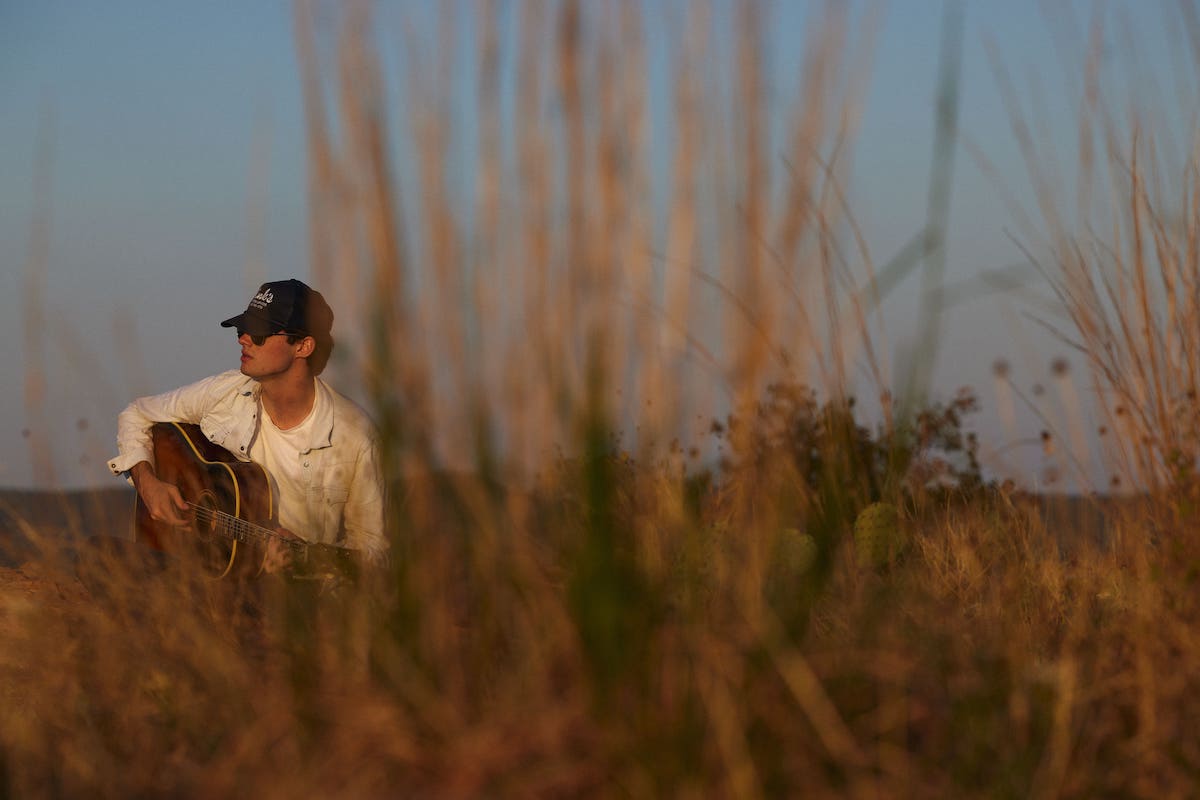
At the end of the day, the record’s really a coming-of-age story. A lot of times, what I write comes from a perspective that I needed to hear.
Again, you realize the similarities you can have apart from the stage. To sit down and talk and hear their wisdom. That will be very rewarding on tour and being able to pick their brains and perform with them. What a great opportunity! If there's anything else that you would like to mention about you, your tour or this upcoming LP that I didn't cover, feel free to say.
Calder Allen: I don’t know at the moment. My head’s still pretty scrambled from listening to drum sounds in my ear for four hours. But it’s good, it’s productive.
I think it's important to reiterate your background with this upcoming LP because you can definitely see that growth and coming of age, as you mentioned. I wish you luck on tour and with this release of the LP. I'll be looking forward to sharing this interview.
Calder Allen: Right on, thank you so much. I appreciate it.
Yeah, good luck at the studio. Don't let the drums drive you too crazy.
Calder Allen: Yeah, I know, right? I’m trying.
— —
:: stream/purchase Dreamers, Drifters, and Hiders here ::
:: connect with Calder Allen here ::
— — — —

Connect to Calder Allen on
Facebook, Instagram
Discover new music on Atwood Magazine
© John Dougherty
:: Stream Calder Allen ::

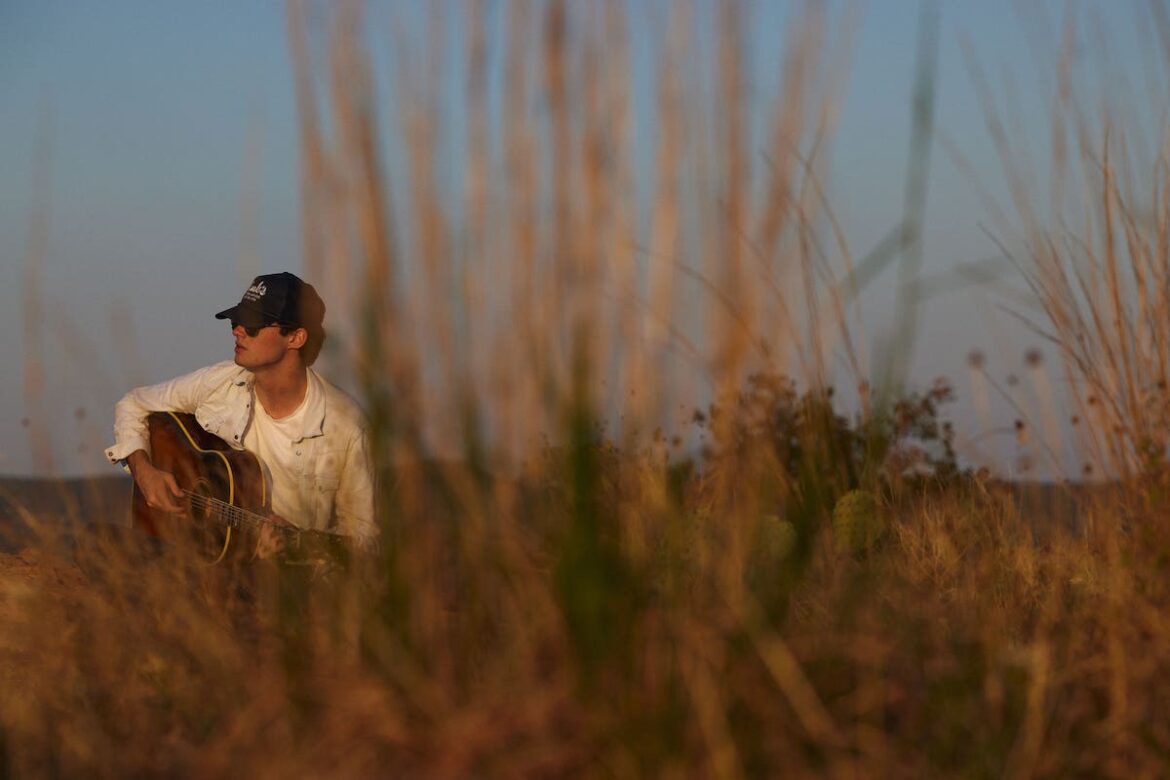
 © John Dougherty
© John Dougherty

